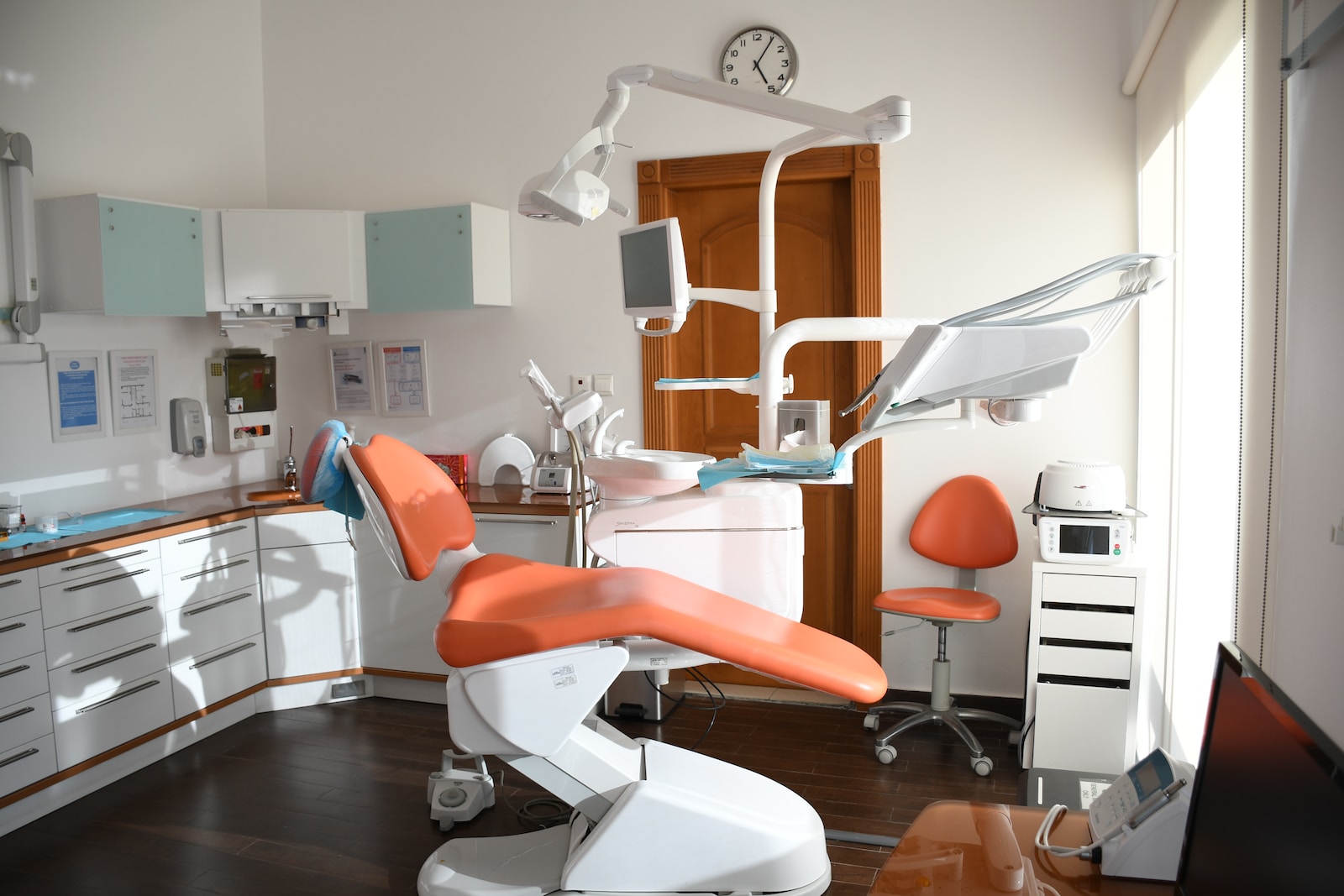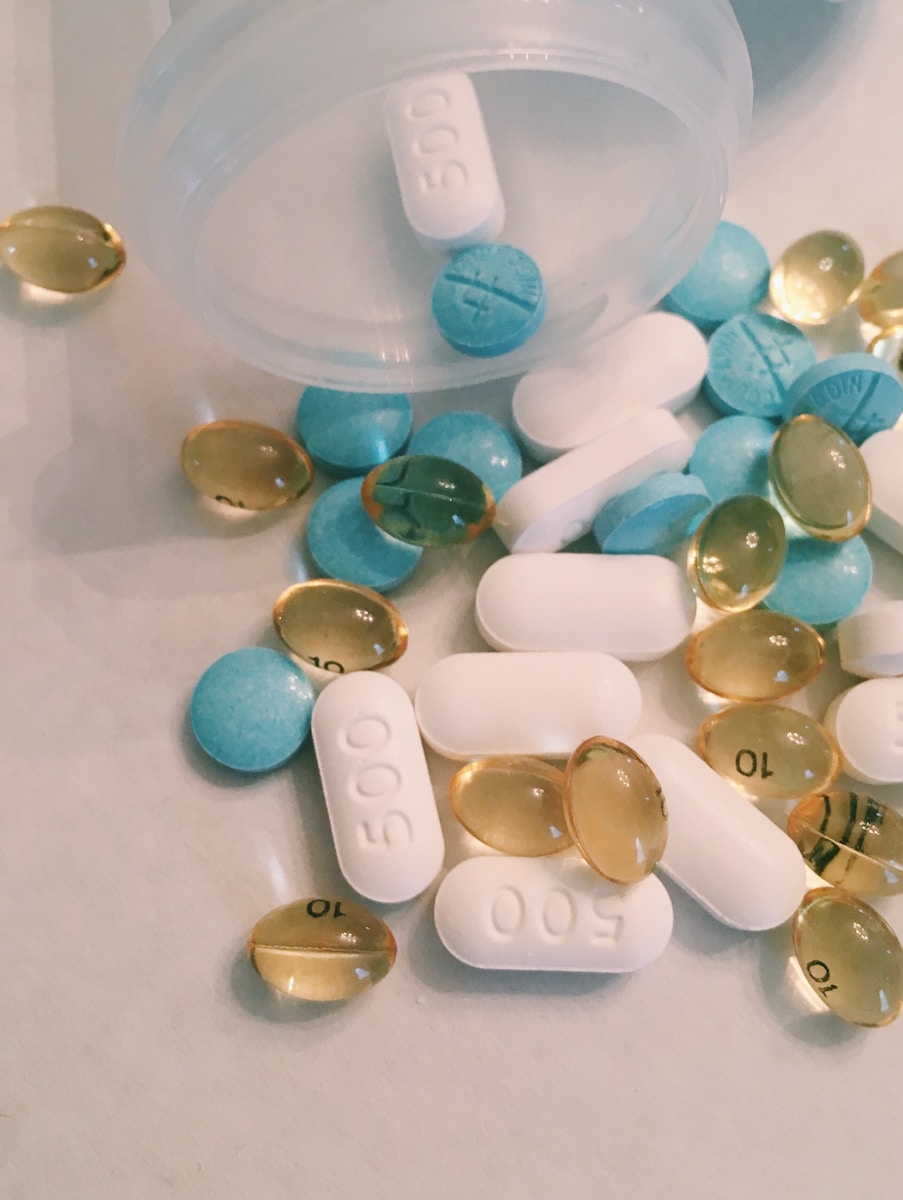Share this article with your network of friends!
Regular visits to medical professionals are a crucial part of maintaining good health and addressing any concerns or conditions that arise as we age. However, it’s essential for seniors to actively participate in their healthcare journey by documenting instructions and practicing self-care. In this article, we will explore the importance of documenting instructions received during medical visits and highlight key self-care practices that can enhance seniors’ well-being and promote effective healthcare management.
1. The Value of Documentation:
- – Accurate Recordkeeping: Taking notes during medical visits ensures that important information is captured accurately. Documenting instructions, medication details, and other relevant information allows for easy reference and helps prevent misunderstandings or memory lapses.
- – Clear Communication: Having a documented record of instructions enables seniors to review and understand their healthcare provider’s recommendations thoroughly. It facilitates effective communication with healthcare professionals and fosters informed decision-making.
- – Continuity of Care: Documenting instructions creates a comprehensive medical history that can be shared with other healthcare providers. This promotes continuity of care, minimizes duplication of tests or treatments, and helps healthcare professionals make informed decisions based on a complete picture of your health.
2. Tips for Documenting Instructions:
- – Bring a Notebook: Carry a dedicated notebook or use a notes app on your smartphone or tablet during medical visits. This allows you to jot down important details promptly.
- – Take Detailed Notes: Write down the healthcare provider’s instructions, medication names, dosages, and any specific care guidelines. Include any symptoms, concerns, or questions you may have, along with the provider’s responses.
- – Ask for Clarification: If something is unclear or you need further explanation, don’t hesitate to ask for clarification during the appointment. It’s essential to fully understand your healthcare provider’s instructions.
- – Use Clear and Organized Format: Develop a consistent format for note-taking to ensure clarity. Use headings or bullet points to categorize information and make it easier to reference later.
3. Self-Care Practices:
- – Medication Management: Follow prescribed medication instructions carefully. Maintain a list of medications, including dosages and schedules, and update it regularly. Use pill organizers or smartphone apps as reminders to take medication on time.
- – Healthy Lifestyle Choices: Practice self-care by adopting a healthy lifestyle. Engage in regular physical activity, consume a balanced diet, get enough sleep, manage stress, and limit alcohol consumption.
- – Monitor Vital Signs: Regularly check your blood pressure, blood sugar, weight, and any other vital signs specified by your healthcare provider. Record these measurements in a journal or on a dedicated tracking app, and report any significant changes to your healthcare team.
- – Follow-up Appointments: Adhere to recommended follow-up appointments and screenings. These routine visits allow healthcare providers to monitor your health, detect potential issues early on, and make necessary adjustments to your care plan.
- – Advocate for Yourself: Be an active participant in your healthcare journey. If you have concerns or questions, voice them during appointments. Share your documented notes with your healthcare provider to ensure a comprehensive understanding of your health needs.
Documentation and self-care play vital roles in seniors’ healthcare journeys. By diligently documenting instructions received during medical visits and practicing self-care, seniors can enhance their overall well-being and actively engage in managing their health. Effective documentation allows for clear communication, fosters continuity of care, and empowers seniors to be well-informed partners in their healthcare decisions. Embracing self-care practices, such as medication management, healthy lifestyle choices, and regular monitoring, promotes optimal health outcomes and empowers seniors to take control of their well-being. Remember, your health is a collaborative effort, and by actively participating and practicing self-care, you can nurture your health and lead a fulfilling and vibrant life.
DISCLAIMER: This website contains articles for informational and entertainment purposes only. No articles on this website should be considered as professional advice for any medical, legal, or financial matter. Advertisements and content may contain affiliate links, where the website earns a commission for sales derived from our users.






[…] Consultation and Communication: Before committing to treatment, schedule a consultation with the chiropractor. During this visit, discuss your health concerns and ask any questions you […]
[…] 9. Consulting with Healthcare Professionals: […]